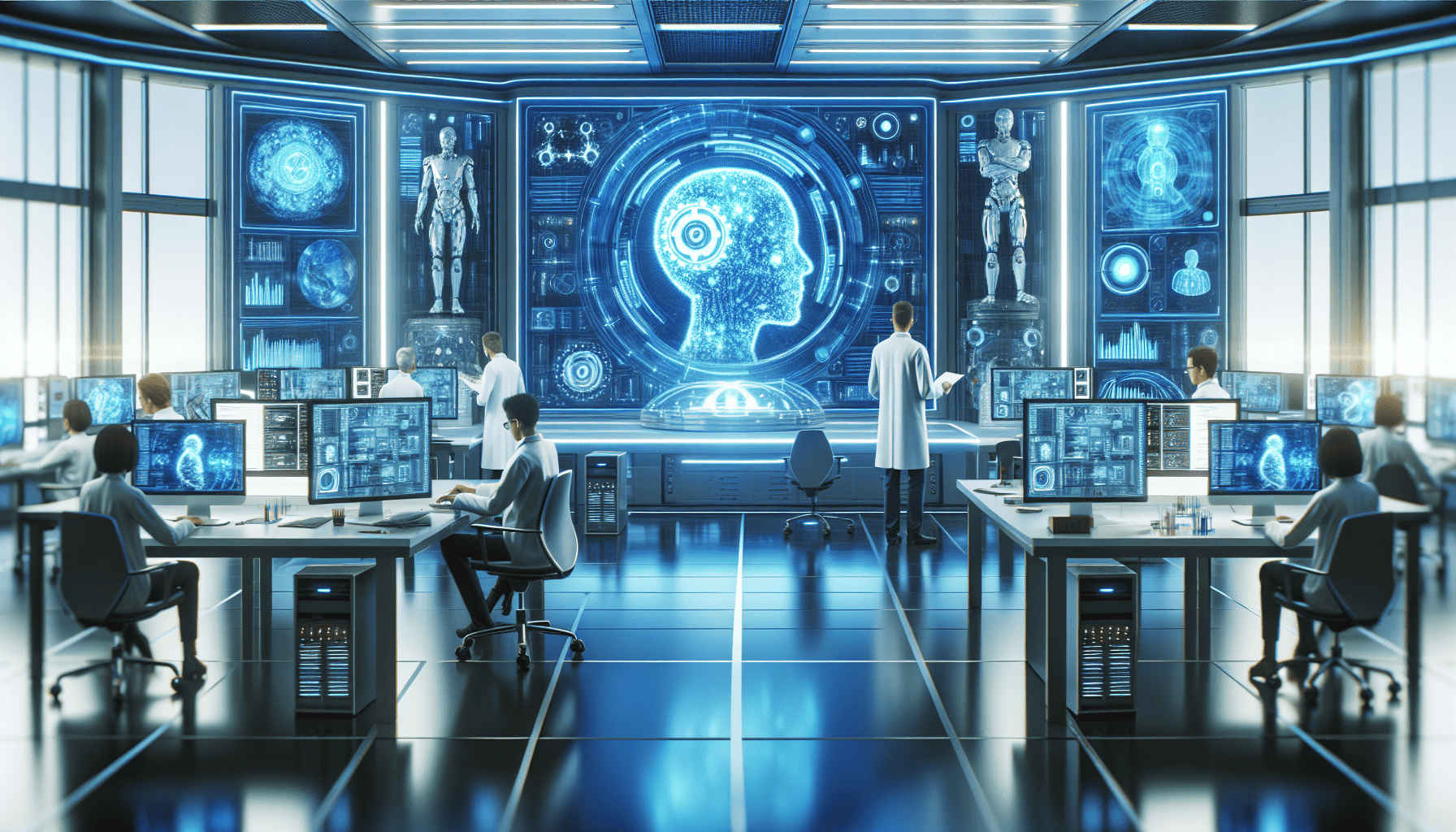Artificial intelligence (AI) is a rapidly evolving field that has the potential to revolutionize multiple aspects of everyday life and industries. With advancements in machine learning algorithms, natural language processing, and neural networks, AI is pushing the boundaries of what machines can achieve, often surpassing human capabilities in specific tasks. This article delves into pioneering AI research and explores its applications across various domains.
Advancements in AI Research
The foundation of modern AI is built upon groundbreaking research that continually refines algorithms and models to enhance their efficiency and effectiveness. Researchers are exploring numerous areas including deep learning, reinforcement learning, and unsupervised learning to enable machines to learn from vast datasets, make decisions, and even adapt to new environments.
One such pioneering area is Generative Adversarial Networks (GANs), which consist of two neural networks—the generator and the discriminator—competing against each other. This framework has opened new possibilities in generating realistic images, music, and even human-like text. Another significant development is in the field of natural language processing (NLP), where models like OpenAI's GPT-3 have demonstrated an impressive ability to understand and generate human languages, making strides in applications ranging from chatbots to content creation.
Applications in Healthcare
AI has made significant inroads into the healthcare sector, offering innovative solutions for diagnosis, treatment, and patient care. Machine learning algorithms can analyze medical images to detect anomalies that may be indicative of diseases such as cancer at an earlier stage than traditional methods. Moreover, predictive analytics provide personalized treatment plans by assessing a patient's genetic makeup, lifestyle, and medical history.
One promising application is in drug discovery. AI models can predict how different compounds interact with biological targets, significantly speeding up the identification of potential new drugs. Additionally, telemedicine services, powered by AI-driven diagnostic tools, are becoming increasingly popular, making healthcare more accessible to remote and underserved regions.
Transforming Industries
AI is not confined to the healthcare sector; it is transforming various industries, from finance to agriculture. In the financial sector, AI algorithms are enhancing fraud detection systems by identifying suspicious activities and transactions that deviate from established patterns. Investment firms are leveraging AI for predictive analytics in stock trading, enabling data-driven decision-making and risk management.
In agriculture, AI-powered drones and sensor networks are providing farmers with real-time data on crop health, soil conditions, and weather patterns. This information helps optimize the use of resources and improves crop yield, contributing to sustainable farming practices.
The Future of AI
The future of AI holds immense promise but also poses ethical and societal challenges that need to be addressed. As AI systems become more autonomous, questions arise about accountability, bias, and privacy. Ensuring that AI is developed and deployed responsibly will require collaboration among researchers, policymakers, and industry leaders.
Despite these challenges, the potential benefits of AI are immense. From enhancing human capabilities to tackling complex problems, AI stands at the forefront of technological advancement. As research continues to push the boundaries, the applications of artificial intelligence will only grow, offering new solutions and opportunities across various fields.
In conclusion, artificial intelligence is reshaping the world we live in, driven by pioneering research and innovative applications. Whether it’s in healthcare, finance, agriculture, or any other sector, AI stands as a testament to human ingenuity and the relentless pursuit of progress. As we navigate the complexities and possibilities of this transformative technology, one thing is clear: the age of artificial intelligence is here, and its impact will be profound.
